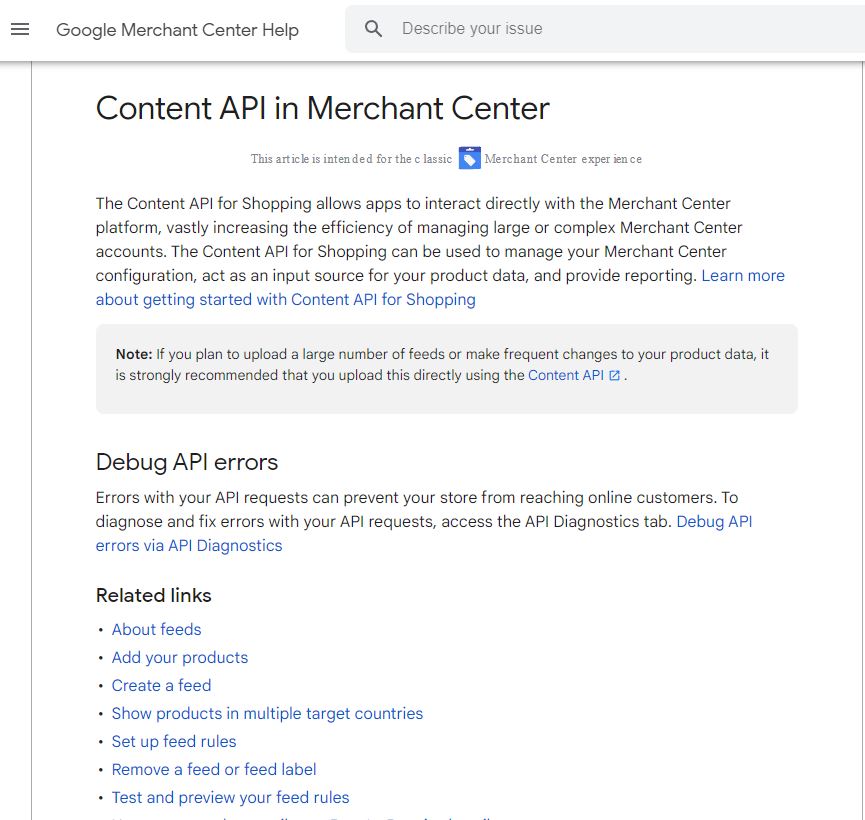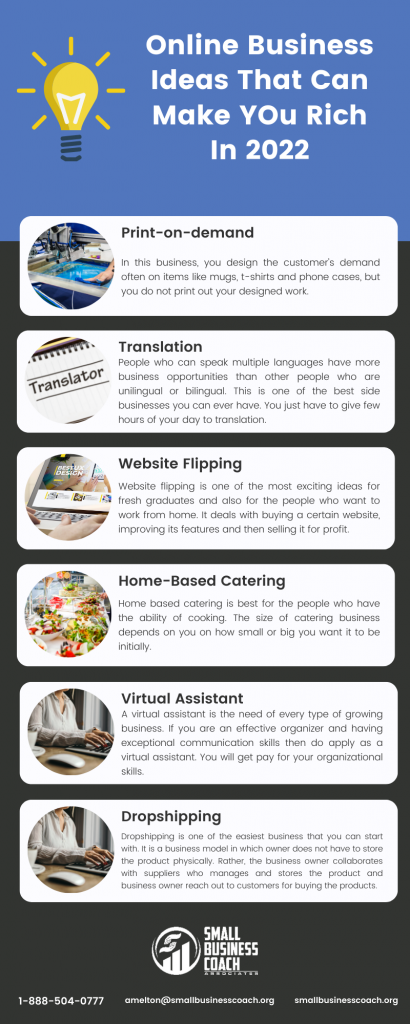In today’s fast-paced business world, ensuring workplace compliance is more crucial than ever. With laws and regulations constantly evolving, businesses need to ensure that they are not only aware of these changes but also equipped to implement them. Workplace compliance pertains to how companies follow local, state, and federal regulations related to employment practices, safety standards, and industry-specific guidelines. Being compliant not only keeps businesses out of legal troubles but also fosters a positive working environment where employees feel safe, respected, and valued.
One effective tool that many companies are utilizing to keep their employees informed is workplace compliance training videos. These videos offer a visual and auditory approach to learning, making the absorption of complex topics more digestible. With the rise of remote working and diverse teams spread across various locations, training videos are especially helpful because they can be disseminated easily through digital platforms and watched at the convenience of the viewer. They can cover a wide range of topics—from workplace harassment prevention to safety protocols—and can be revisited multiple times, ensuring that the content is thoroughly understood.
More is Needed
Now, while training videos are an excellent resource, they should be a part of a broader compliance strategy. It’s essential to regularly update these videos to reflect the latest regulations and best practices. Regularly scheduled workshops, seminars, and discussion sessions can complement these videos, providing employees with an opportunity to ask questions and engage in deeper discussions about compliance topics.

An important aspect of workplace compliance is creating an inclusive environment. This includes adhering to laws related to equal employment opportunity, ensuring there’s no discrimination based on race, gender, age, religion, or any other protected characteristic. A compliant workplace also promotes diversity and inclusion by recognizing the value that different perspectives bring to the table. Such a workplace fosters innovation, as diverse teams often bring unique solutions to challenges.
Furthermore, the mode of delivery for training and compliance information matters significantly. While videos might cater to visual learners, other employees might benefit more from written materials, interactive webinars, or hands-on training sessions. An effective compliance strategy will employ a multi-faceted approach, catering to the diverse learning styles within an organization. This holistic method ensures that all employees, regardless of their preferred learning style, have a clear and comprehensive understanding of the company’s compliance standards. Additionally, fostering a culture where employees feel comfortable reporting any non-compliance or potential issues without fear of retaliation is pivotal. Encouraging open communication and feedback can reveal areas that need further attention, ensuring a proactive stance on compliance rather than a reactive one.
Workplace Compliance: The Safety Factor
Safety is another paramount concern. OSHA (Occupational Safety and Health Administration) sets and enforces standards to ensure that employees have a safe environment to work in. Compliance in this area involves regular safety drills, maintaining equipment, and promptly addressing any potential hazards. Employees should also be encouraged to report any safety concerns, ensuring that issues are resolved quickly.
Furthermore, industry-specific regulations can influence compliance protocols. For instance, a healthcare provider would have to adhere to HIPAA (Health Insurance Portability and Accountability Act) regulations, ensuring patient data’s confidentiality. On the other hand, a financial institution would have to ensure that they are compliant with laws related to money laundering, fraud prevention, and financial reporting.
Equally important is the area of ethical conduct and corporate responsibility. Companies are not only bound by legal standards but also by a moral obligation to operate with honesty, transparency, and integrity. This encompasses everything from truthful advertising and responsible sourcing of products to the treatment of employees and the company’s environmental footprint. Having a well-defined code of conduct, which gets regularly reviewed and updated, is essential in guiding employees on the expected behavior and decision-making processes. Moreover, companies that prioritize ethical conduct often find that they build stronger reputations, foster greater trust among clients and stakeholders, and generally enjoy more sustained success over time. Thus, staying compliant is not merely about avoiding legal repercussions but also about carving a niche as a trustworthy and reliable entity in the industry.

Workplace Compliance: The Dedicated Approach
To effectively manage workplace compliance, companies can consider appointing a dedicated compliance officer or team. This individual or team can stay updated with the latest regulations, conduct regular audits to ensure adherence, and serve as a point of contact for any compliance-related concerns or queries. They can also play a pivotal role in developing and updating training videos and other compliance-related educational resources.
Non-compliance can have severe repercussions for businesses. Legal troubles, hefty fines, and a tarnished reputation are just some potential consequences. Moreover, non-compliance can also lead to decreased employee morale. When employees feel that they are not in a safe or fair environment, productivity can drop, and turnover rates can increase. This not only affects the day-to-day operations of a business but also its bottom line.
The Bottom Line Of Workplace Compliance
Yes, workplace compliance transcends mere adherence to laws and regulations. At its core, it represents an organization’s commitment to fostering a positive, inclusive, and safe environment where every employee feels valued and protected. As the business landscape continues to evolve, so do the complexities of compliance. By staying abreast of these changes, leveraging educational tools like training videos, and maintaining an ongoing, open dialogue about compliance challenges and best practices, companies can navigate these complexities with confidence. Beyond just satisfying legal mandates, this proactive approach to compliance underscores a company’s dedication to nurturing a culture imbued with respect, integrity, and fairness. Such an environment not only attracts and retains top talent but also positions the organization for sustained success and growth in an increasingly competitive market. Investing time, resources, and effort into workplace compliance today paves the way for a brighter and more prosperous tomorrow for both the company and its employees.





































